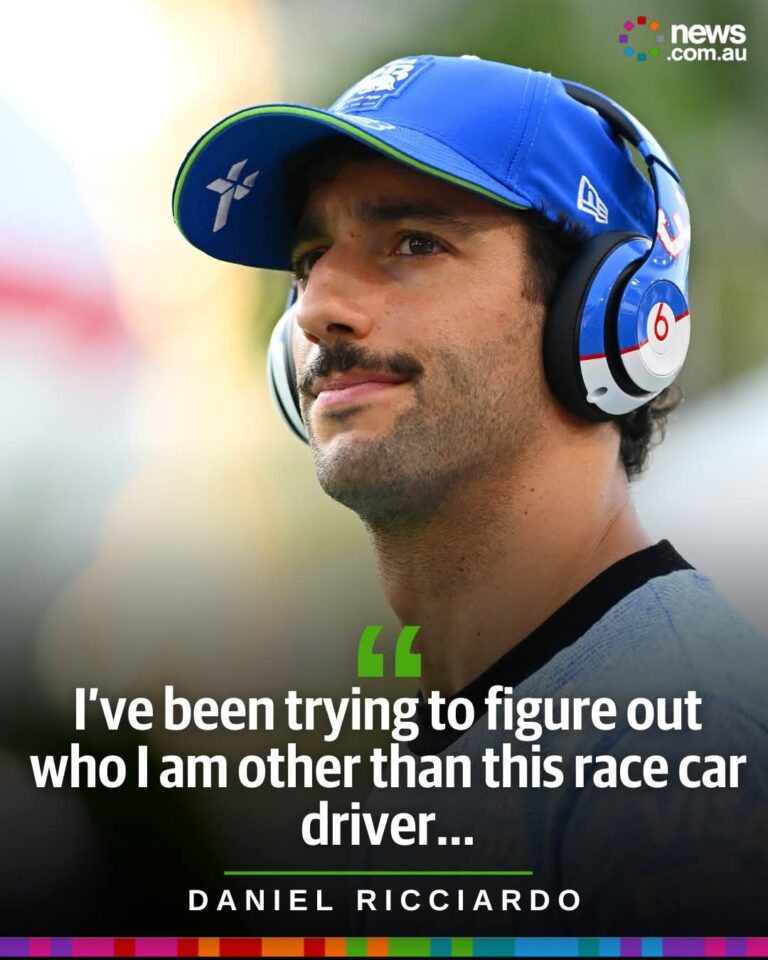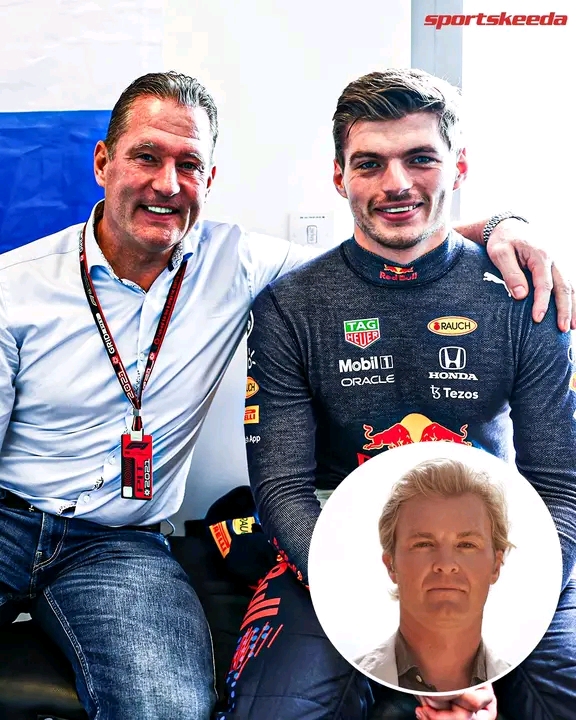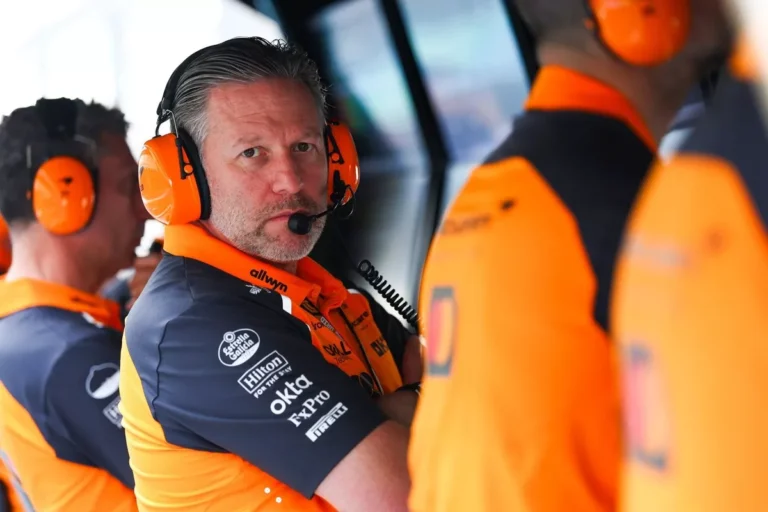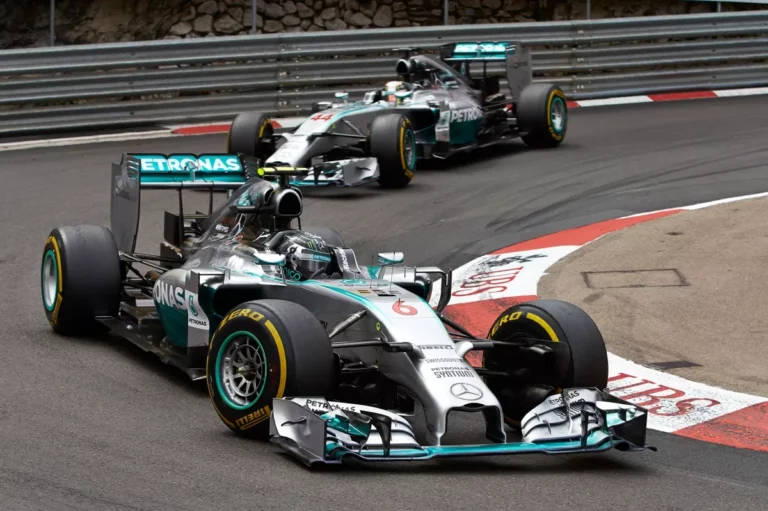
Formula One’s leadership, spearheaded by CEO Stefano Domenicali, is preparing to engage teams, drivers, and the FIA in high-level talks over a dramatic overhaul of the Sprint race concept. The move comes as the sport aims to maintain its competitive edge in the global motorsport arena and rekindle excitement among fans. While Sprint weekends have already carved out a controversial niche in the F1 calendar, Domenicali sees untapped potential to transform them into must-watch events. Six Sprints have been scheduled this year, with four already completed, but discussions are underway to both expand the number and radically reshape their structure.
For context, a Sprint race is a condensed 100km contest held on Saturday, designed to add an extra layer of competition before Sunday’s main Grand Prix. By comparison, a traditional F1 race spans a minimum of 305km, with Monaco being the lone exception at 260km due to its slower average speeds. Despite its intention to energize race weekends, the Sprint format has drawn mixed reviews from purists and casual viewers alike. Domenicali, however, remains confident that with strategic refinement, these short-form showdowns could become a cornerstone of Formula One’s future.
Among the most striking proposals on the table is the introduction of a reverse grid system—already in use in F2 and F3—which inverts qualifying results so that the fastest drivers start further back. In F2, the top 10 positions are reversed; in F3, the top 12. Such a format could turn the Sprint into a high-octane chase, forcing front-runners to carve their way through the pack. While divisive, reverse grids have been lauded in junior categories for producing unpredictability and frequent wheel-to-wheel battles—exactly the type of spectacle that television audiences crave.
Domenicali insists that any alterations will be made with fan engagement as the primary driver, but he is unapologetically open to experimentation. He emphasizes that Formula One cannot cling to tradition if it hopes to evolve: “Those who fear making mistakes never create anything new.” His willingness to risk backlash suggests a bold new chapter for the sport, with Sprint formats potentially morphing into a playground for innovation—whether through more frequent events, alternate scoring systems, or creative race-weekend structures.
Ultimately, Domenicali has made it clear that the Sprint is not a passing fad but a fixture of Formula One’s strategic vision. The debate now centers not on whether they should exist, but on how far they can be pushed to maximize entertainment value. If the upcoming negotiations succeed, fans could soon witness a season where Sprints are not just an appetizer before the main race, but the explosive centerpiece of a reimagined F1 weekend.






